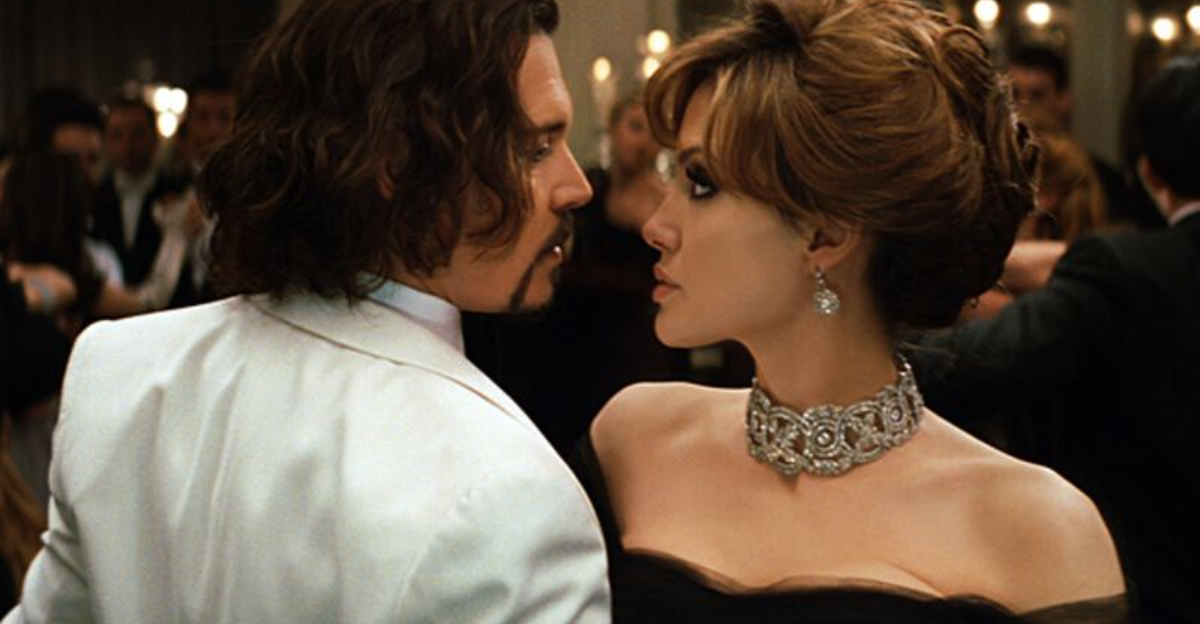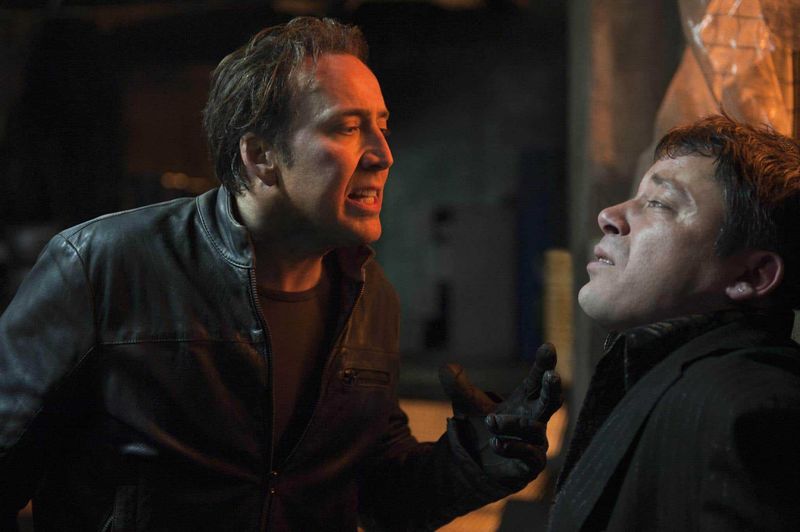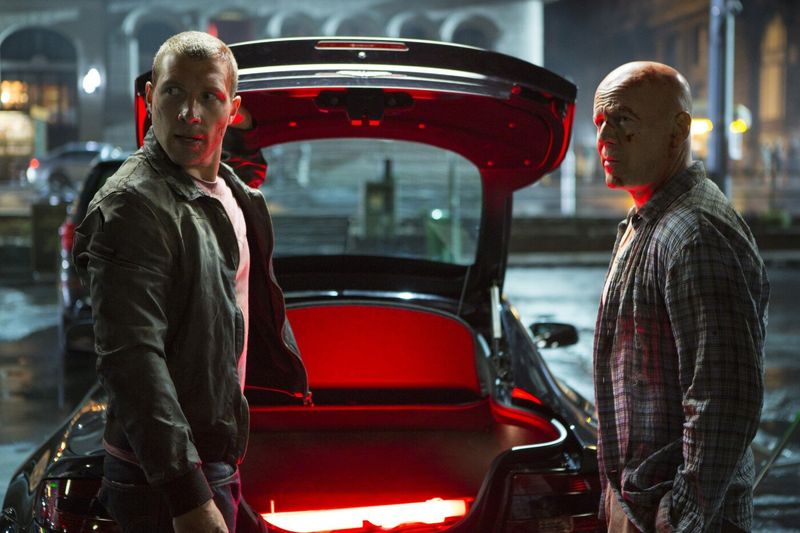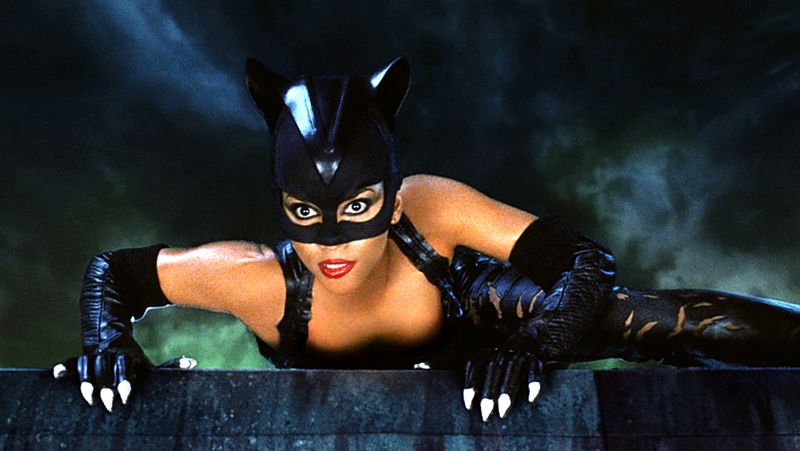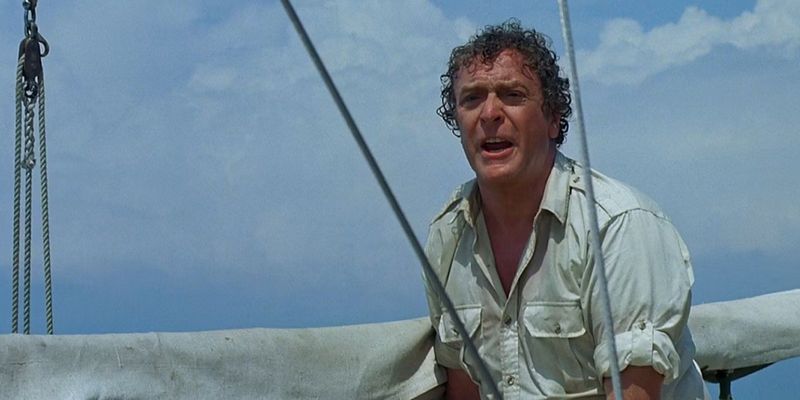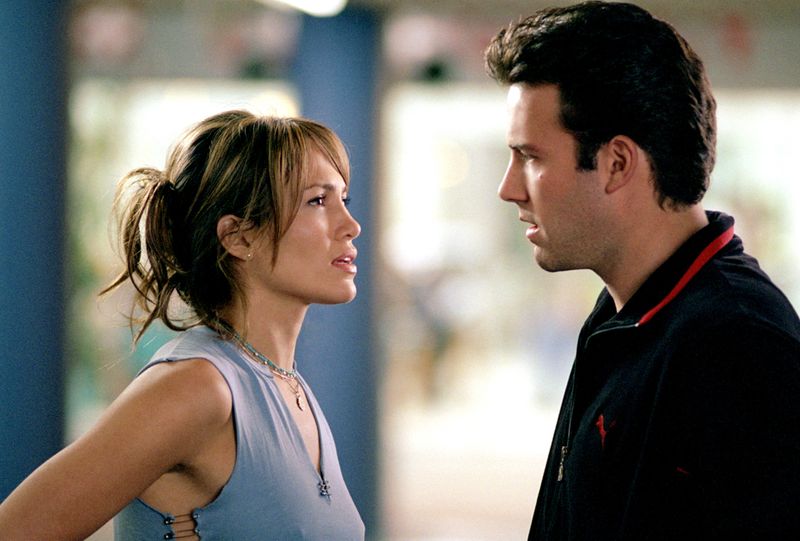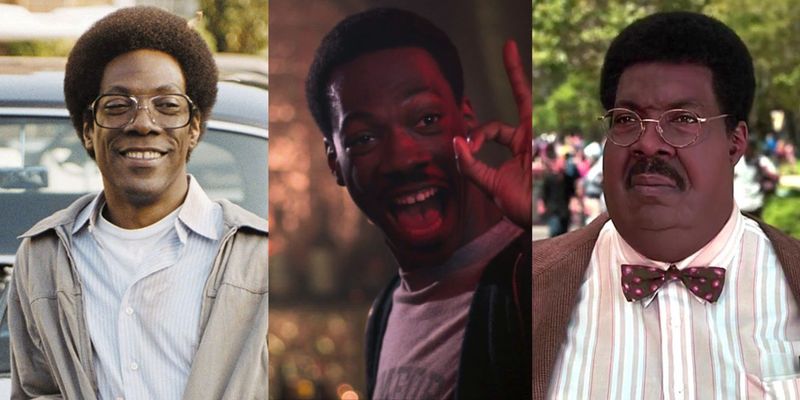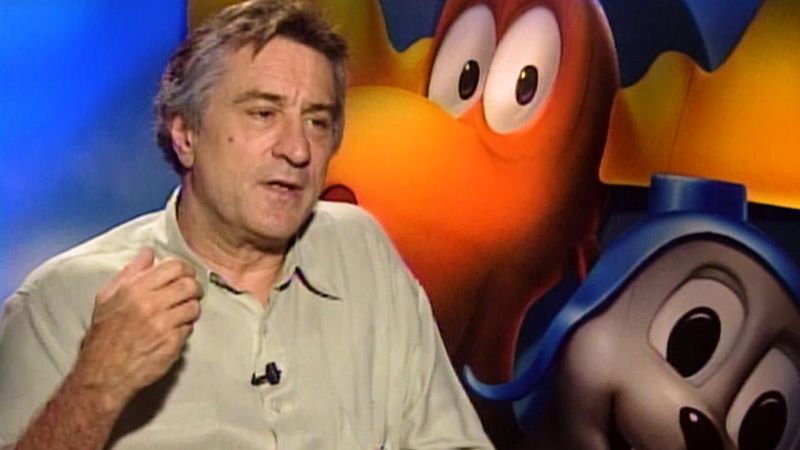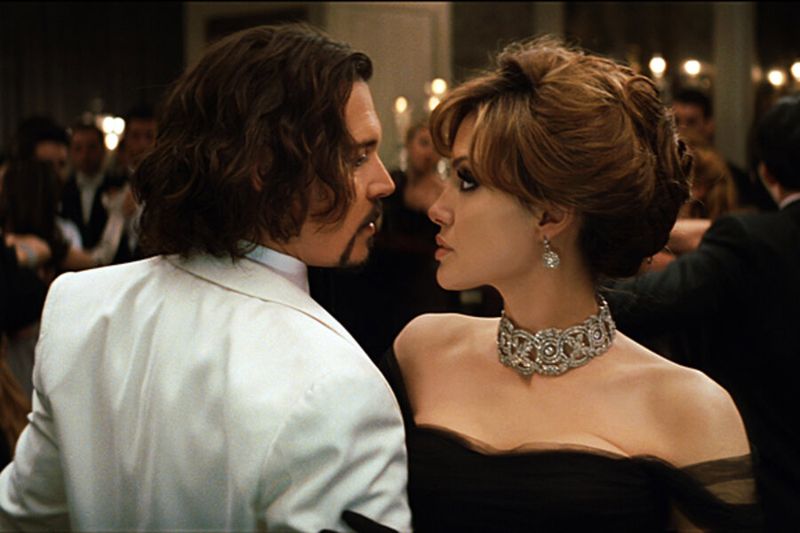In the glitzy world of Hollywood, not every role is chosen for artistic fulfillment. Sometimes, actors take on projects purely for financial reasons. This article delves into the stories of ten such actors who prioritized their bank accounts over their craft. Each entry captures the unique circumstances behind their choices, offering a glimpse into the sometimes pragmatic nature of showbiz.
Nicolas Cage – ‘Ghost Rider: Spirit of Vengeance’
Nicolas Cage, known for his eclectic roles, took on the character of Ghost Rider in “Spirit of Vengeance.” Many speculated that this decision was driven by financial needs, as Cage was encountering tax troubles at the time. The film, a sequel, didn’t fare well critically, but Cage’s portrayal was as flamboyant as ever.
Fans of Cage know his undeniable talent, yet this choice appeared more about monetary gain than artistic challenge. Despite the film’s lackluster reviews, Cage’s dedication to the role was evident, adding a quirky flair to an otherwise forgettable sequel.
Bruce Willis – ‘A Good Day to Die Hard’
Bruce Willis, iconic for his role as John McClane, returned for “A Good Day to Die Hard” in part due to the lucrative paycheck. As the fifth installment in the “Die Hard” series, expectations were high, but the film fell short critically.
Willis’s return seemed driven by commercial incentive rather than a compelling script. Despite its lackluster reception, the film added a substantial amount to Willis’s bank account, showcasing Hollywood’s sometimes transactional nature. For fans, it was another chance to see McClane in action, even if the film lacked the original’s charm.
Halle Berry – ‘Catwoman’
Halle Berry surprised many when she took on the role of Catwoman. While she brought star power to the project, the film is often cited as one of the worst superhero movies. Berry later admitted this was a strategic financial decision, capitalizing on her post-Oscar fame.
Despite the film’s failure, Berry delivered a performance filled with grace and charisma. Her agility and presence were undeniable, though the script did little justice to her talent. This role serves as a reminder that even top actors sometimes follow the money trail in Hollywood.
Michael Caine – ‘Jaws: The Revenge’
Michael Caine’s decision to star in “Jaws: The Revenge” raised eyebrows, primarily because of its critical panning. Caine, however, had pragmatic reasons: the paycheck supported his new home.
Known for his candor, Caine once quipped about never seeing the film, yet appreciating the house it built. His performance was as professional as ever, even if the movie didn’t match his usual standards. Caine’s choice highlights a practical side of acting, where financial security sometimes trumps artistic merit.
Ben Affleck – ‘Gigli’
Ben Affleck’s role in “Gigli” is often remembered for its critical failure rather than its content. Taking the role primarily for the paycheck, Affleck faced significant public backlash after the film’s release.
The movie, intending to be a romantic comedy, fell flat, and Affleck’s involvement was scrutinized. Yet, it became a defining moment in his career, teaching resilience in the face of failure. Affleck’s experience with “Gigli” underscores the sometimes harsh reality of balancing financial and artistic aspirations in Hollywood.
Eddie Murphy – ‘Norbit’
Eddie Murphy, celebrated for his comedic genius, starred in “Norbit,” a film that prioritized financial gain over critical acclaim. Released during a lull in Murphy’s career, it offered a lucrative opportunity.
Murphy’s performance showcased his ability to embody multiple characters, even if the film itself was criticized for its humor. Despite mixed reviews, the movie found financial success, demonstrating that sometimes box office appeal outweighs critical reception. Murphy’s involvement with “Norbit” reflects a calculated career move, prioritizing profit during uncertain times.
Robert De Niro – ‘The Adventures of Rocky & Bullwinkle’
Robert De Niro’s role in “The Adventures of Rocky & Bullwinkle” was unexpected, given his illustrious career. This choice seemed fueled by a substantial paycheck rather than artistic pursuit.
While the film struggled to find its audience, De Niro’s performance was as committed as ever. His involvement sparked curiosity, highlighting the business side of Hollywood. Despite the film’s lackluster performance, De Niro’s presence added star power, illustrating how financial incentives sometimes guide even the most respected actors.
Will Smith – ‘After Earth’
Will Smith, usually known for blockbuster hits, starred alongside his son in “After Earth.” The decision seemed partly financial, as the film was a family project and offered significant earnings.
Critics panned the movie, yet Smith’s dedication to his role remained evident. Despite its shortcomings, the project was a financial success, highlighting the balance between personal and professional motivations. Smith’s experience with “After Earth” underscores how actors sometimes prioritize financial and familial considerations in their career choices.
Sandra Bullock – ‘Speed 2: Cruise Control’
Sandra Bullock returned for “Speed 2: Cruise Control,” a decision influenced by a substantial paycheck. Unlike its predecessor, the film failed to achieve critical acclaim. Yet, Bullock’s presence was a financial draw.
Bullock, known for her charisma, brought her usual energy to the role, despite the script’s limitations. Her commitment to the project reflected a financial choice rather than an artistic one. This role illustrates how actors sometimes navigate the delicate balance between career growth and financial security.
Johnny Depp – ‘The Tourist’
Johnny Depp’s involvement in “The Tourist” was widely regarded as a financial decision. Known for his transformative roles, this choice seemed less about challenge and more about compensation.
The film, while visually appealing, didn’t resonate with critics, yet Depp’s performance was commendable. His decision to participate highlighted the financial realities even A-list celebrities face. While “The Tourist” may not have been his finest work, Depp’s allure brought attention, exemplifying how monetary considerations sometimes outweigh artistic ambition.
